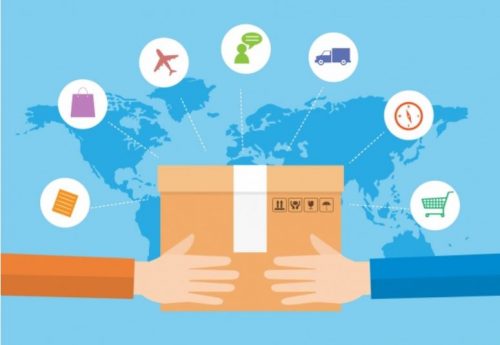
As a company, you’ll have to deal with shipments every year. So naturally, this means that you need to get familiar with the UN3373 shipping requirements. But what is this particular code? Is it something that’s universally used?
UN3373 refers to “Biological Substance, Category B,” and these shipments require special packaging and labeling. Therefore, you need to be familiar with it if your company ships such substances.
Don’t get overwhelmed yet. Here are nine essential things you need to know about UN3373 shipping:
1. It’s Always Class 6.2
The UN3373 is always for Biological Substances, Category B, but the packaging changes depending on how dangerous the substance is. Another option is to ensure that it’s less than 100ml/100g or lower. This also applies if you need to transport Air Transportation of Hazardous Materials.
2. It’s Always Shipped as Cargo
The UN3373 is always for cargo shipments. This means you can not use it on passenger flights, whether commercial or private aircraft. Generally, the category of dangerous goods this code refers to is more of a hazard than a danger.
3. It Requires Special Packaging and Labeling
When shipping Category B substances, you need to ensure the package has special reference to containment discreteness using different packaging interfaces. That can prevent leakage during shipment. Also, you need to label it appropriately.
If your global logistic company does not package it correctly, your shipment might get rejected by the receiving party.
4. It Requires Documentation
The documentation for UN3373 shipments varies depending on where you’re shipping from and to (air versus sea versus road versus rail). So ensure that if you’re sending a Category B substance, you know the legal requirements.
Some of the documents you need to have are placards, special package marking, labels on the outside of the package, an emergency response telephone number on the label, or documentation that accompanies it. That way, everyone involved with the shipment knows what is in it and how to handle it.
5. It Requires the Right Specialized Transport
If your shipment exceeds 5 liters or 50 kilos, you’ll need a hazardous material specialist to handle it. This means that if you have a small UN3373 package and will be shipping it on a plane, for example, you can do so. However, if it’s large or traveling by air, you need a global logistic specialist to handle it.
6. It’s Not Universal
Just because your package is per UN3373 standards doesn’t mean that every country will accept it. Some countries have regulations about what kinds of substances they accept in the transportation process. That means if you’re shipping to another country, don’t assume UN3373 is enough.
If you’re shipping internationally, research the nation you’re sending to. Find out what their domestic standards are and how they compare to UN3373. You don’t want your shipment to get turned away because it’s not up to spec with the receiving country.
7. It’s Complex
It can be quite challenging if you need to ship a Category B UN3373 substance. There are pre-arrival and onsite notifications, documentation requirements both in the US and internationally, labeling schemes, placards, emergency response plans–it’s not for the faint of heart.
If you don’t know what you’re doing or aren’t familiar with all the rules and regulations, don’t attempt to ship a Category B UN3373 substance yourself.
8. You Can Ship More Than One UN Number in the Same Package
If you’re shipping multiple UN3373 substances in the same package, don’t worry about having to apply for a new one for every item. Instead, you can simply put all of them under one number provided:
- a) They require the same packing method.
- b) They go to the same country.
- c) You have all the documentation for each substance in the package.
You can simplify it by grouping them conveniently. Just ensure you’re not trying to get away with something illegal! Even if you are shipping the substances to multiple countries or require different packing methods, they keep one UN3373 number if you’re shipping them together.
9. It Doesn’t Apply to All Substances
Some substances don’t require a UN3373 number, including:
- a) Biological substance Category A – not infectious and no human or animal material involved in the process (e.g., blood samples).
- b) Radioactive materials that are Category A or B.
- c) Substances not hazardous under the Hazardous Materials Identification System (e.g., distilled water, carbon dioxide).
Sometimes, if there is no risk associated with transporting a particular substance like an over-the-counter drug, it doesn’t have to get classified by UN3373.
So now you know what UN3373 is and why it’s necessary for global logistic. If you’re shipping a Biological Substance, Category B, follow the proper procedures to ensure that your shipment is safe and legal.
Interesting Related Article: “Precautions When Shipping Parcels Overseas“

